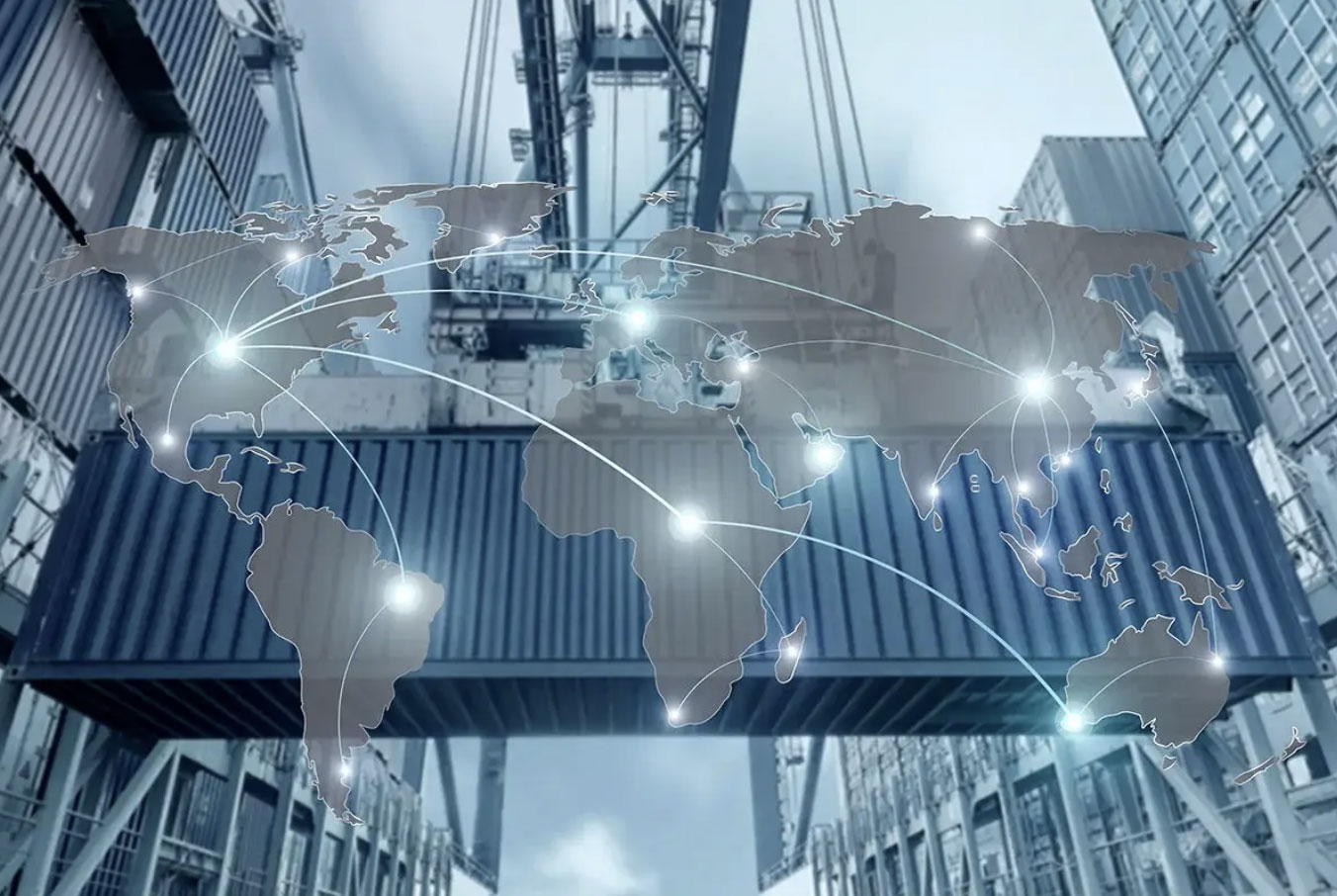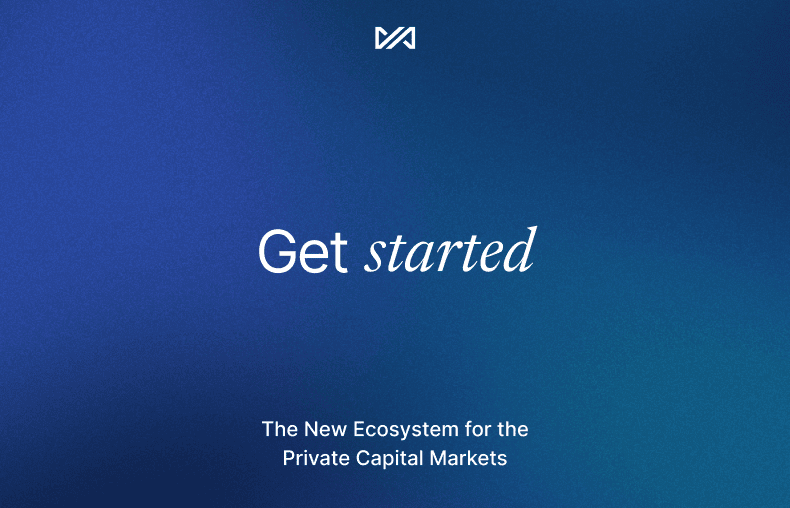One clear silver lining in the global COVID pandemic has been the turbo-charging of eCommerce, and the urgent need for decentralized fulfillment centers in urban locations to support faster and more efficient delivery of goods.
According to a survey by PwC of more than 1.6K supply chain executives, investments in supply chain capabilities have a payback period of 1.8 years and have helped them to:
- Increase revenue and decrease costs
- Support more reliable delivery
- Reduce physical inventories
Curious about the size of the global Supply Chain Management space? Statista reports that the global supply chain market reached $15.58B in 2020 and is expected to double in growth to $30.91B by 2026.
Supply Chain Technology
The recent crisis increased the use of eCommerce and this made companies focus on understanding what supply risks they are exposed to. As a result, startups that provide inventory and supply chain risk management have since gained importance. Moreover, the growth of retailer process cycles and complex systems increased the need for data analytics and real-time monitoring services, giving space to new technologies like artificial intelligence, smart logistics and blockchain to play a central role in supply chain management .
Blockchain gaining space
So, the question is… How does blockchain technology relate to supply chain management in the retail and manufacturing sectors?
Companies use blockchain technology to track the origin and status of assets throughout the supply chain. They combine hardware components such as RFID chips or IoT-enabled sensors with blockchain software to link goods to decentralized tracking systems. While this is a niche and surging space, the popularity of this kind of business model is growing significantly.
Below are companies that leverage blockchain technology in supply chain management:
- Supply chain tracker: products and services include dispute resolution systems for trade financing, triggering smart contracts at product checkpoints, certifying the sustainable sourcing of products, monitoring the temperature of sensitive goods (e.g., medications) and tracking foodborne illnesses. Companies in this space include Filament, Everledger and Chronicled.

- Automation: blockchain solutions, like Eka and Hyperchain, focus on automating manual and paper processes while distributing data across network participants.

- ID verification: IBM has launched a blockchain network dubbed Trust Your Supplier which aims to diminish procurement and supplier onboarding costs by shifting manual processes such as identity verification and document tracking to the network. Amazon has patented a distributed ledger-based system for authentication of consumer goods.
Ptichbook anticipates that with demand for essential products rising, investment into blockchain-based supply chain tracking technologies will definitely rise going forward.
We at Finalis can help you identify trends, find investors for your deals or assist you in industry deep dives! Get in touch with our Insight team to learn more.






